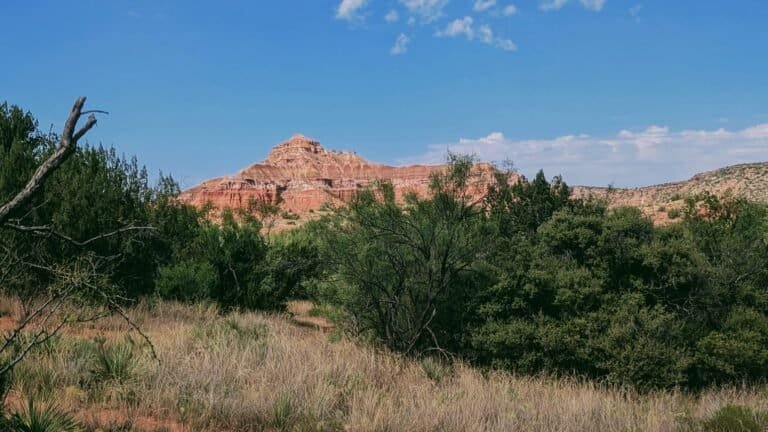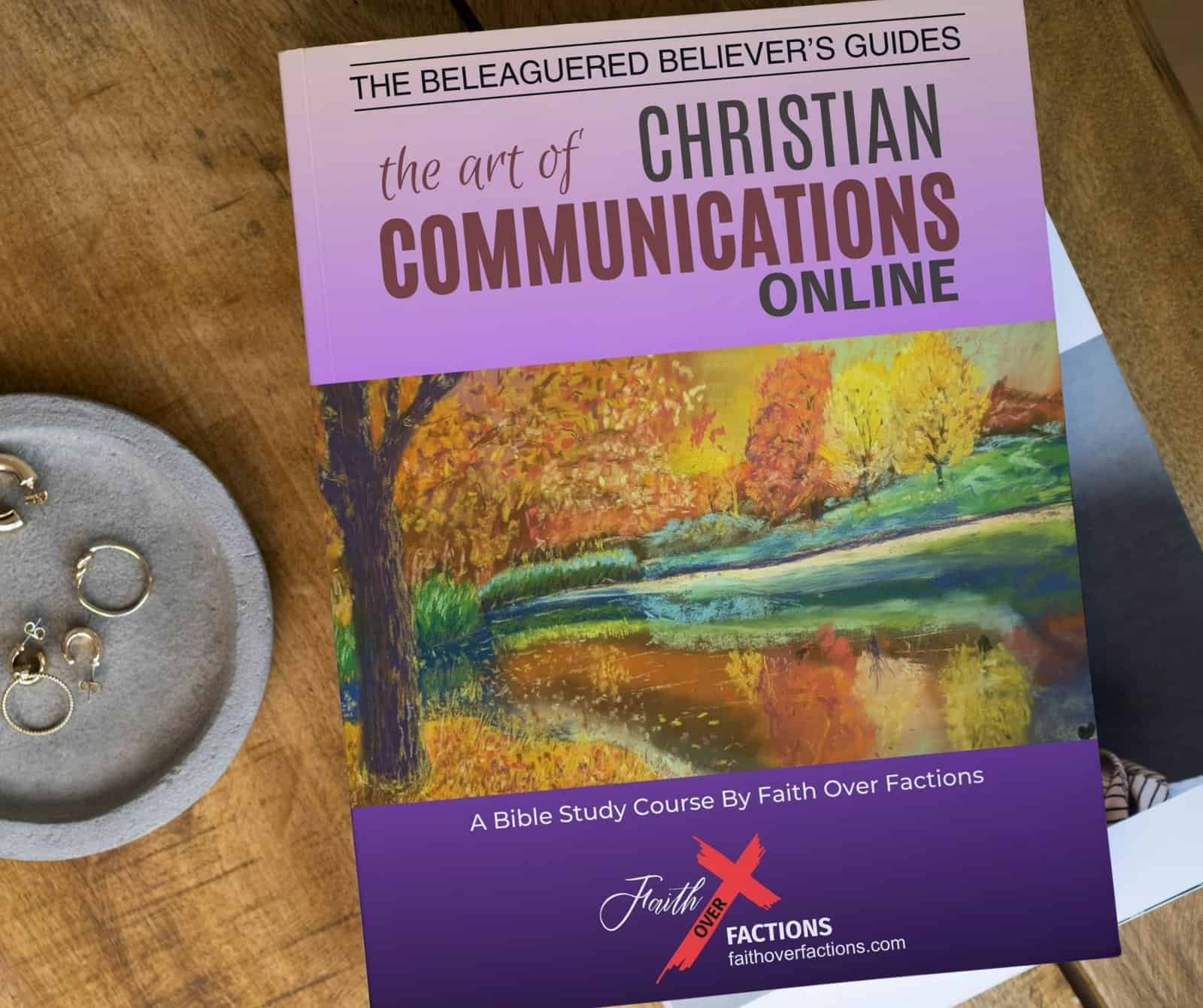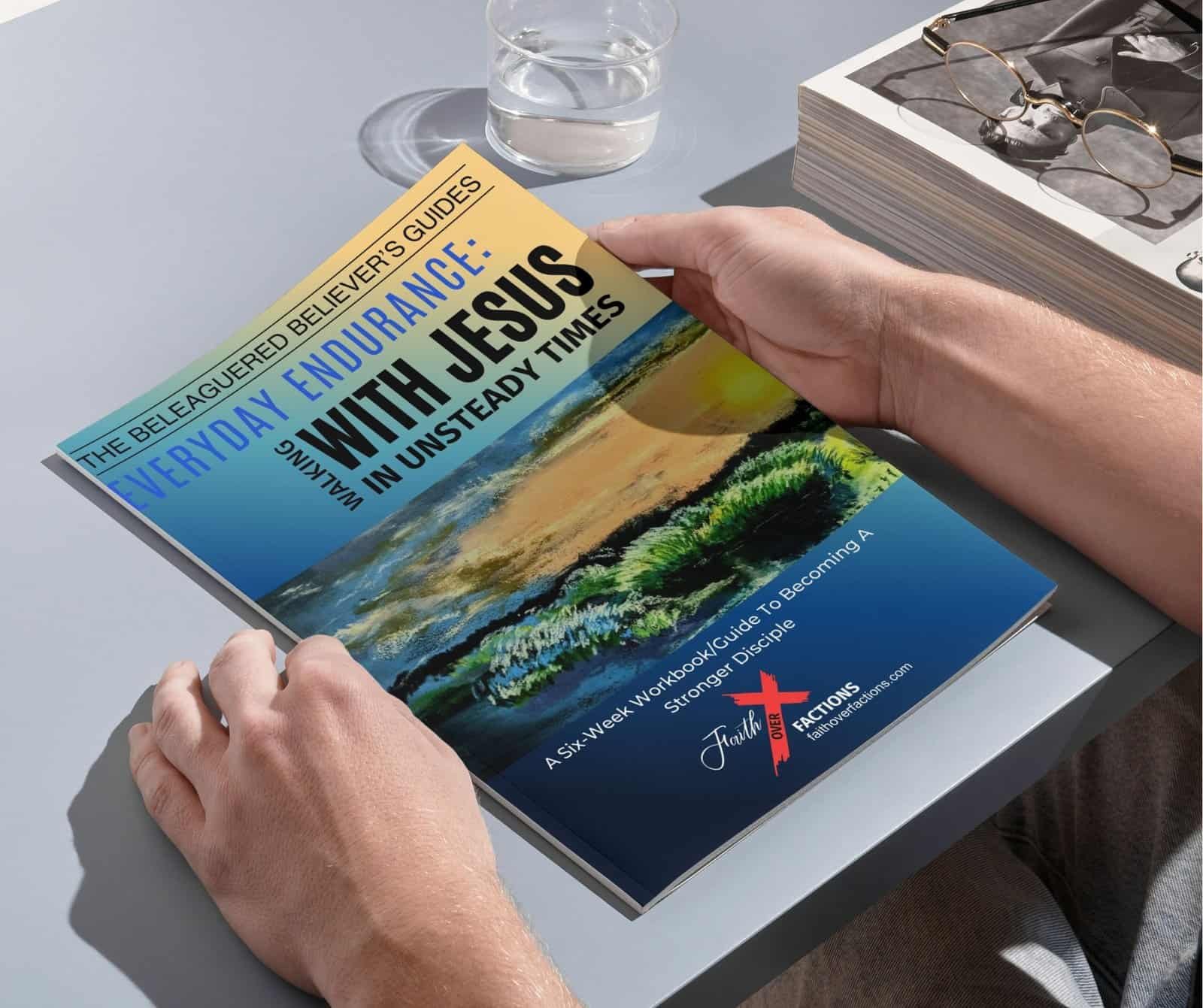

Genesis 10–11 tells the story of Babel—a tower built to secure a name, a place, a future without God. But pride fractures, and God scatters. This Mile Marker invites us to examine what we are building in our lives, and why. The road of redemption never climbs through ambition; it descends through surrender. What God confused at Babel, He would one day reunite through Christ—not by might, but by mercy.
“Come, let’s go down and confuse the people with different languages. Then they won’t be able to understand each other.”
(Genesis 11:7, NLT)Some roads are paved with ambition—and crumble under their own weight. Genesis 10–11 traces the rise of humanity’s first great city and its fall from divine favor. At Babel, the desire to build becomes the desire to replace God. Language fractures. Unity shatters. The world scatters. But even here, where pride is humbled and plans are undone, God is not absent. This Mile Marker invites us to consider: What are we building, and who are we building it for?
Genesis 10 lists the descendants of Noah’s sons and outlines the spread of nations after the flood. From these families come cities, languages, and cultures—each branch stretching outward across the known world (Gen 10:32).
But in Genesis 11, the narrative returns to a single moment: Babel. The people of the world, still united in speech, settle in Shinar and decide to build a tower that will reach the heavens (Gen 11:1-4). Their motivation is clear: “Let us make a name for ourselves.”
God sees their unified arrogance—not as innocent, but as dangerous. He confuses their language, halts their construction, and scatters them across the earth (Gen 11:5-9).
In ancient Mesopotamia, ziggurats—stepped towers—were built to connect heaven and earth. They were not just religious; they were political and cultural statements. To build such a tower was to claim divine access and regional dominance.
The people of Babel weren’t just building tall—they were centralizing power. God’s command after the flood had been to “fill the earth” (Gen 9:1), but Babel resists that calling. Instead of spreading, they settle. Instead of glorifying God, they glorify themselves.
The scattering is not just punishment. It’s a divine intervention to protect the world from unified rebellion and to set the stage for the calling of Abraham—through whom God would regather the nations rightly.
Pride. Fear. Control. Rebellion.
The wound of Babel is not technological—it is spiritual. The tower is not a symbol of progress, but of pride. Humanity attempts to build upward to secure identity, safety, and permanence apart from the presence of God.
But control never heals insecurity. And ambition, untethered from surrender, always leads to collapse. Babel shows us that even collective unity can become a force for spiritual rebellion when it centers on the self.
Babel scatters language. Pentecost reunites it. In Acts 2, the Spirit descends, and people from every nation hear the gospel in their own tongue (Acts 2:6).
What pride broke, grace restores. Where Babel fragmented the nations, Christ becomes the center that draws them back together—not through bricks and towers, but through a cross.
Jesus, unlike the builders of Babel, does not climb toward heaven. He descends from it—to serve, to suffer, and to gather what has been scattered.
Genesis 11 asks us: What towers am I still building in my life? Where am I trying to secure my name, my safety, my future—apart from God's direction?
Control is always easier than trust.
But it never leads to peace.
Eventually, every tower not rooted in surrender will crack beneath its own ambition.
God still interrupts. Still scatters. Still calls.
Not to destroy, but to invite us into something better:
A story built not on our greatness, but on His grace.
The tower stood tall—for a moment.
Then God scattered its bricks across the plain and its builders across the earth.
But the story does not end in confusion.
It ends in a promise—just a few verses later—with the call of Abram.
From the scattered nations, God will birth a blessing.
From the ruins of pride, He will build a people of faith.
The road of redemption does not climb upward.
It bends downward—through surrender, through trust, through the quiet laying down of bricks we were never meant to carry.
Reflection Questions:
Write honestly. Then take one area of life you are “building” and ask God if the foundation is surrender—or pride.


The Art of Christian Communications Online
Download The Art of Christian Communication Online—a free guide & workbook to help believers communicate with truth, empathy, and grace in every online conversation.
No email address required.

Find strength for weary days.
Download Everyday Endurance: Walking With Jesus in Unsteady Times
—a free devotional guide & workbook to help you build spiritual and emotional resilience through prayer, reflection, and daily trust in God.
No email address required

The Survival Guide for Beleaguered Believers is here—offering strength when systems fail, clarity whenlies spread, and hope that endures when the world seems out of control.
Don’t just survive the chaos—stand firm in Christ.
📖 Always free with Kindle Unlimited. Available in paperback and hardcover as well!
All Site Photography and Artwork Originals from John's wanders and studio unless noted.
Scripture quotations marked (NLT) are taken from the Holy Bible, New Living Translation, copyright © 1996, 2004, 2015 by Tyndale House Foundation. Used by permission of Tyndale House Publishers, Carol Stream, Illinois 60188. All rights reserved.
Scripture quotations marked (AMP) are taken from the Amplified® Bible,
Copyright © 1954, 1958, 1962, 1964, 1965, 1987, 2015 by The Lockman Foundation
Used by permission. www.lockman.org
We completely recommend E-Sword, a Free Study Bible available for most mobile and desktop platforms.